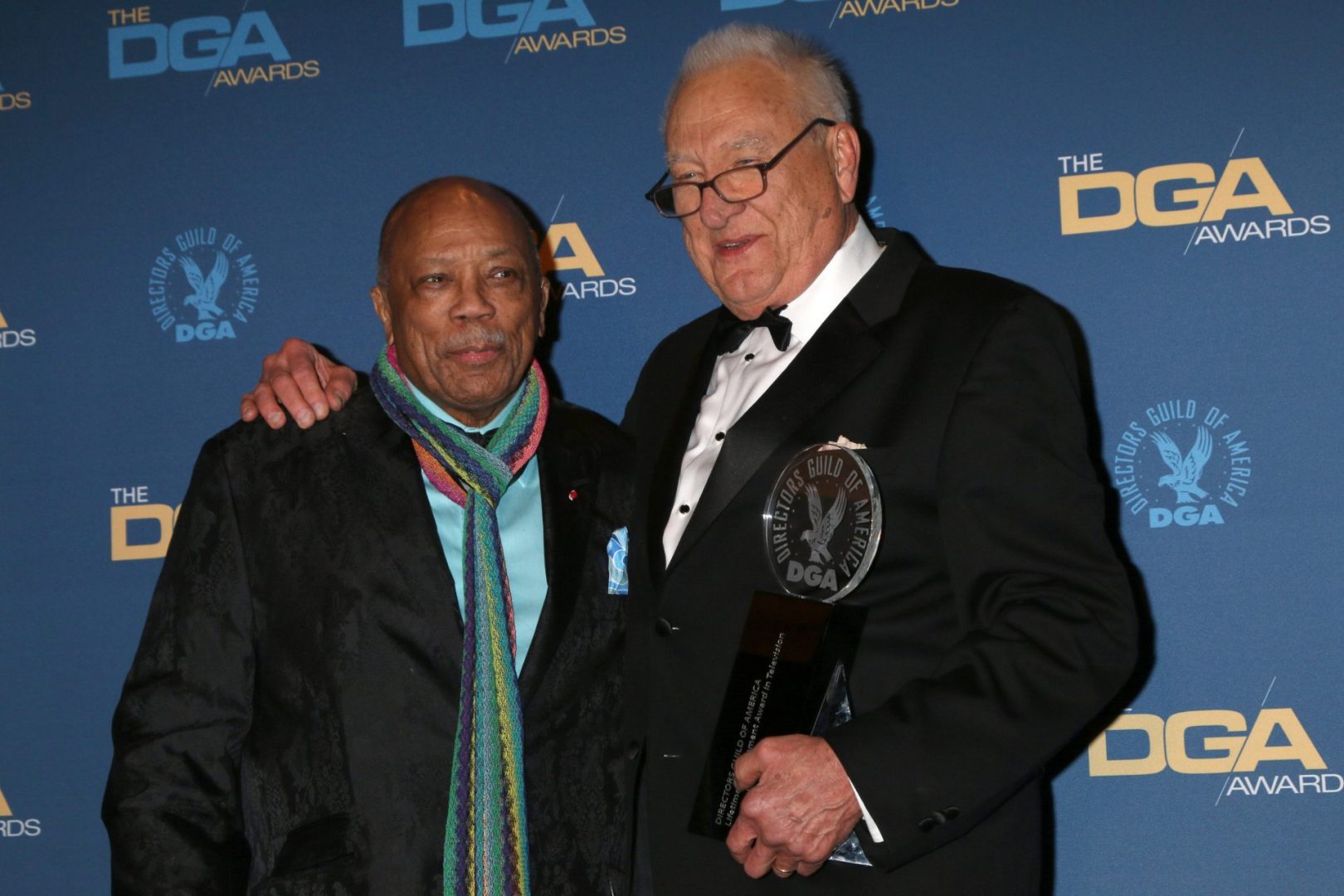The complex relationship between musical genius Quincy Jones and entertainment mogul Sean “Diddy” Combs has resurfaced in discussions about authenticity in the music industry. As Combs faces serious allegations, earlier critiques of his musical abilities have gained renewed attention.
The truth about production skills
During a June 12 Spotify event, Jones delivered an unvarnished assessment of Combs’ musical capabilities, particularly regarding his production abilities, according to The Root‘s Stephanie Holland — namely, Diddy was a better marketeer than a producer. The legendary producer’s comments highlighted a significant distinction between marketing prowess and genuine musical talent, sparking intense industry debate about the true nature of success in entertainment.
Beyond the marketing facade
While acknowledging Combs’ undeniable business acumen — particularly in fashion and spirits — Jones’ observations pointed to a deeper truth about the music industry. His assessment highlighted how marketing expertise often overshadows musical craftsmanship in contemporary entertainment.
The evolution of industry standards
The changing landscape of music production has raised questions about authenticity and skill in the digital age. As technology transforms music creation, the gap between traditional production expertise and modern success metrics continues to widen. This shift has prompted important conversations about maintaining artistic integrity while embracing innovation.
A legacy in question
Recent events have cast a shadow over Combs’ contributions to music culture. His attempts to maintain relevance in an evolving industry have faced increasing scrutiny, leading to broader discussions about the sustainability of success built primarily on marketing rather than musical foundation.
The voice of experience
Jones’ perspective carries particular weight given his transformative work with industry legends. His collaborations with numerous iconic artists — from Count Basie and Frank Sinatra to Ray Charles, Chaka Khan and, of course, Michael Jackson — established a standard of excellence that continues to influence modern music production. This extensive background provides context for his assessment of contemporary industry figures.
The intersection of marketing genius and musical talent remains a contentious topic in entertainment. As the industry evolves, Jones’ observations serve as a reminder that enduring success often requires more than business acumen alone. This reality becomes increasingly relevant as new generations of artists navigate the balance between commercial success and artistic integrity.
The legacy of both men offers distinct lessons about different paths to success in the music industry. While marketing skills can build empires, genuine musical talent and understanding remain fundamental to creating lasting artistic impact. These contrasting approaches continue to influence discussions about authenticity and success in modern entertainment.











